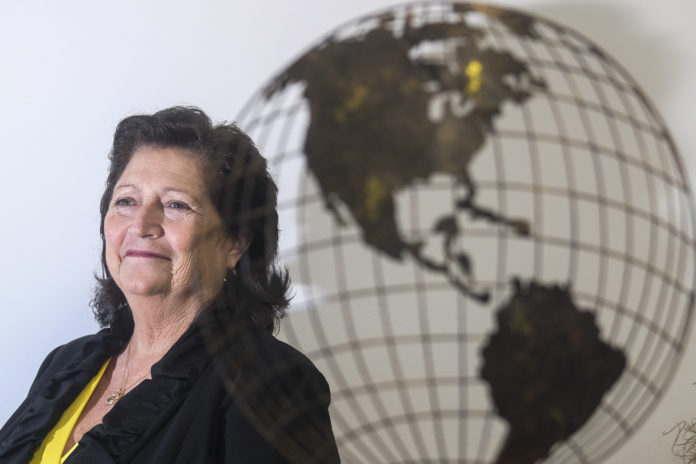Manhattan Beach-based Trilinc Global has cleared a $3.25 million loan to a Latin American sustainable packaging company.
The new funds, set to mature in June 2025, are added to an existing five-and-a-half-year term loan program between Trilinc and the Ecuador-based packaging manufacturer.
Capital for the transaction was drawn from two of Trilinc’s four existing funds, according to the company’s Chief Investment Officer Paul Sanford.
Trilinc makes impact investments in developing markets to support businesses with a strong social benefit. The small- to medium- sized companies must meet high environmental, sustainability and governance, or ESG, criteria, as well as deliver market-rate returns.
Trilinc declined to disclose the company’s name, citing contract privacy restrictions, but said the business uses mostly recycled materials to make sustainable cardboard packaging.
“Their business really started with the boxes for bananas,” Sanford said. The company uses 97% recycled cardboard to make shipping containers for their country’s large volume of agricultural products.
Sanford said the company recycles or repurposes almost everything used on its facilities. Water used in cardboard breakdown is treated, then either reused in manufacturing, used to water plants on company property, or pumped through mister systems to keep workers cool, according to Sanford.
After no more usable material can be extracted from recycled cardboard mash, Sanford said, the company repurposes the leftovers into inexpensive portable housing components.
“There is an economic incentive to do this,” Sanford said. “They do save money. … But they’ve gone beyond that. It’s a mission statement for them.”
Trilinc’s latest investment is located in one of the countries hit hardest by Covid-19 in South America. Official Covid-19 deaths in Ecuador were just shy of 3,000 in late May, although most experts say the true number is likely much higher due to limited testing.
Despite this challenge, Sanford said his firm’s investment should be largely insulated from the turmoil. The company is one of the only makers of this type of packaging in Ecuador, according to Sanford, leaving the nation’s agricultural producers with few alternatives to transport their goods.
Because they largely service critical food suppliers, he said, there is also less likelihood that serious drops in demand will hurt the business. “We even looked at the actual ability to transport these products to their destination markets like the Port of L.A.,” Sandford added.

